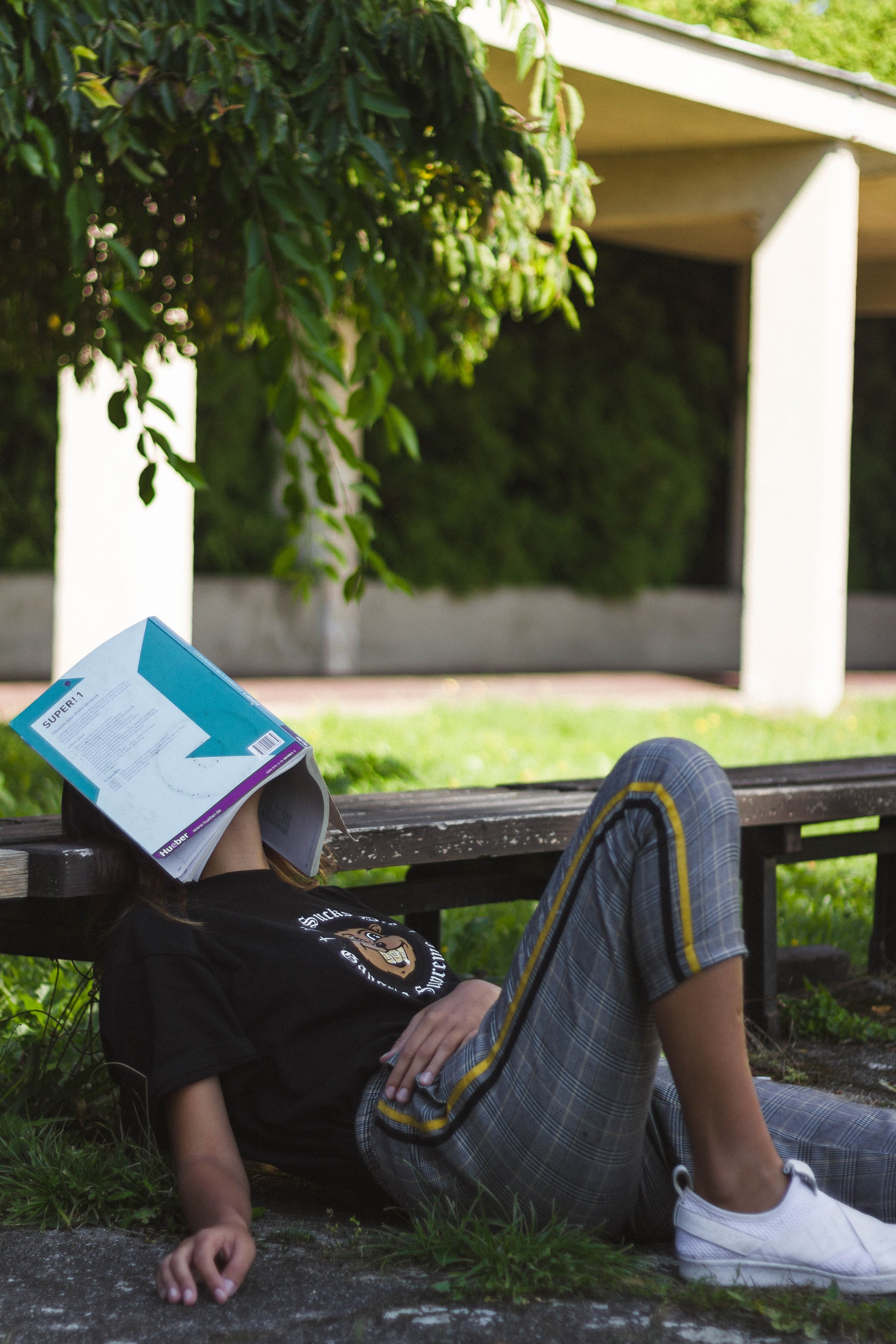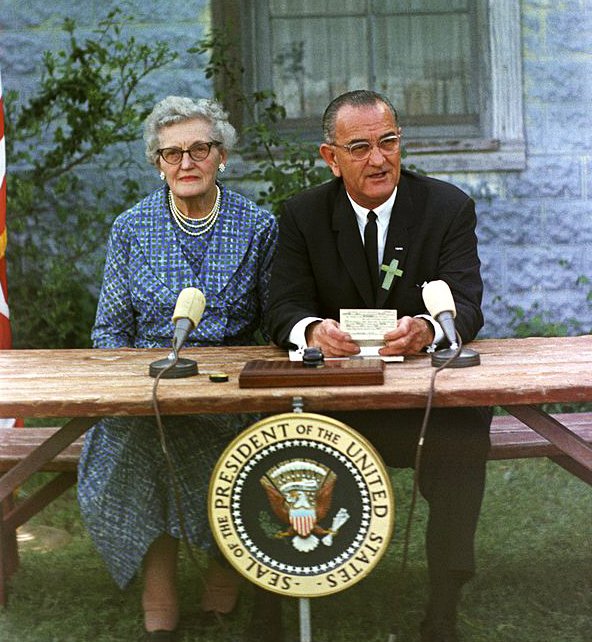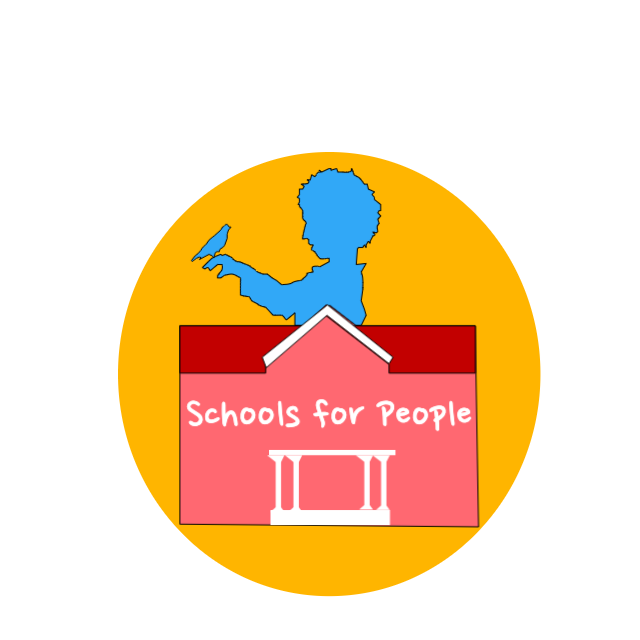
Everyone is the hero of their own story: does role-play have a place in the social studies classroom?
As a teacher, while I have loved running Mock Congress, I have found that I struggle with “the heart” element of role-play activities–I am so focused on getting students to understand competing points of view that I sometimes forget the real distress that our national political climate is causing students. And I think this is a place where social studies teachers could learn a great deal from theatre teachers. When our national leaders regularly troll and humiliate their opponents on a public stage, how can we be surprised that our teenagers, too, participate in causal cruelty on a regular basis. So perhaps the goal of the simulation, then, should be less about simulating what Congress actually looks like and instead helping students to realize what democratic discourse ought to be like.

The difficulty of talking with students about Gaza
Students are figuring out their political views, and they need a space where they can legitimately grapple with sincere, difficult opinions, even if they are unpopular–so long as they are based in fact. As teachers, our students are looking to us for moral guidance–and we ought to be unwavering with a commitment to truth and empathy. In order to pursue truth and empathy, teachers need to be deliberate about setting boundaries about what is up for debate. We have to teach students how to process what they are feeling and how to discern. Our students are being exposed to violence and cruelty all around them. What do students learn from our silence?
Why I am quitting teaching
While millions of students and teachers prepare for a return to classrooms next month, for the first time in nine years, I will not be one of them. At the end of last year, I decided to leave the classroom. Teaching has always been a hard job, but I had expected to be a teacher my whole career. However, well-intentioned (but ultimately harmful) policy changes transformed a large part of my job from teaching into task management that ultimately took the joy out of being an educator.

Have schools completely lost their minds about cell phones?
You may have seen a video going around social media this past week of a Tennessee teacher getting pepper-sprayed by a student after taking her phone away. For millennials—or anyone who has not been in a high school since the early 2010s—this is surely a baffling scenario. When I was in high school in the late 2000s, the expectation was that cell phones were not to be seen, and having your cell phone out was reasonable grounds to have it confiscated. Few people questioned this set up.

Senioritis is a policy choice
While I may not blame 12th graders, personally, the longer that I have taught, the more I have become convinced that senioritis is not an inevitability; in fact, it is an affliction peculiar to the United States. And as such, we must treat “senioritis” as nothing other than a policy choice–one that ought to be remedied.

Should students have to memorize names and dates in history class?
When I first became a teacher in 2015, there was a popular narrative among progressive history educators that students did not need to memorize names and dates and facts because they could simply Google those. At the time, this made a lot of sense to me. I had grown up in the No Child Left Behind era, where the focus in history education at the policy level was precisely the opposite. The things that were easiest to test were historical “facts.”
And so the turn away in the 2010s from rote memorization–especially in the face of more technology in classrooms, schools fully equipped with internet, and ubiquitous smartphones–seemed like the right lens for a progressive history teacher. Instead of focusing on names and dates, we ought to focus on critical thinking and historiography.
If it’s important, do it in the classroom
The summer before I became a teacher, a friend of mine who had been an English teacher for 15 years gave me a piece of advice that has stuck with me throughout my career. Over the last eight years, this simple piece of advice has helped me to build better relationships with my students and to help students grow more in reading and writing.

Are restorative practices to blame for the shooting of a Virginia teacher?
Rather than using the pandemic as an opportunity to restructure our schools and to move society away from punishments toward restoration, we are simply repeating our past mistakes. Being restorative does not mean being permissive—but schools must be willing to put in the resources to move away from punitive culture or else risk creating dangerous, toxic environments for students and teachers.
Please Don’t Grade Discussions
Discussions are hard, and good discussions are harder. Many adults are bad at discussion. So it’s no wonder why so many teachers worry about the usefulness of discussion or the problems that it creates: What if nobody talks? What if only a couple talk all the time?

I Caught A Student Using ChatGPT. How Should A School Respond?
The rise of AI tools should cause schools to reevaluate their use of grades—and how grades incentivize cheating.
The Problem with Four-Year Graduation Rates
Ten years ago, liberals were up in arms about the flaws of using standardized testing to measure school performance. But somehow, since the repeal of No Child Left Behind, policymakers and journalists from across the political spectrum have forgotten the lessons learned from NCLB, instead swallowing every bit of education data states feed them.

Over-Responsibility in Education
Our schools encourage teachers to take responsibility for things that are outside of their control. What are the impacts on students?

Washington Post Continues To Push Unproven Theory of Learning Acceleration
Learning Acceleration has been one of the most widely publicized theories the past year. But does the research back up this fad?

Why Is Teacher Professional Development So Bad?
In-house PDs are notoriously bad—teachers complain that they are a waste of time and irrelevant. But why is this the case? Learning about how professional learning communities and accountability reform collided to give us contemporary PD.


The Rewards and Punishments Trap
Rewards and punishments do not teach students how to behave—they only teach compliance. This year, commit to freeing your classroom from behaviorist classroom management practices.

The Education Data Fetish
Since the passage of the Every Student Succeeds Act in 2015, education administrators and policymakers have become even more fixated on data, at the expense of students and teachers. Do the data we collect even have any value?

Why are school bathrooms the target of so much vandalism?
School bathrooms are a peculiar institution. They are perhaps the only public places in schools and in society where teenagers are assuredly free from adults; many teachers fear going into school bathrooms, both for their health and for others’ perception. But nowhere else in society do teenagers and adults use different public bathrooms. This adult-free sanctuary lends itself perfectly to teenagers who want to use bathrooms as a place to do anything that adults might not approve of in school—such as vandalism (or vaping). So why do adults and students use different bathrooms in schools in the first place?

After a taxing semester, many teachers spend the holidays in quarantine
Keeping schools open for in-person learning has real costs on everyone in the school community. While we should try to keep schools open, the benefits of in-person learning for an extra week must be weighed with the real human cost for teachers who, seeking a reprieve, got a quarantine instead this winter.
Teachers are being told to "accelerate" learning--but does research back up this approach?
Education interest groups spread shaky research
